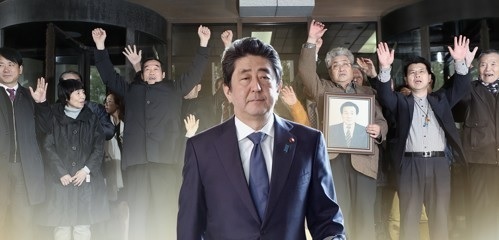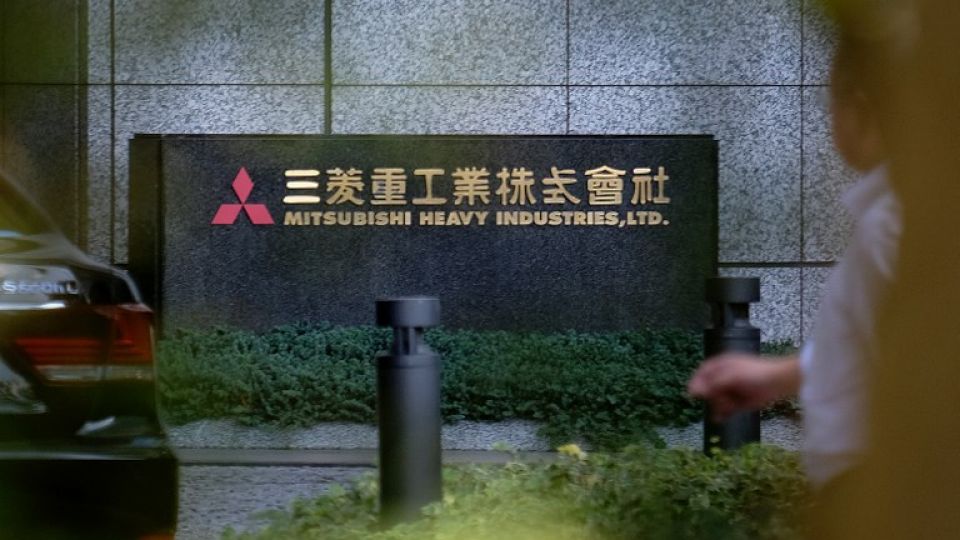January 10, 2019
Japan has summoned Seoul’s ambassador in protest.
The seizure of Korean assets of Japanese steelmaker Nippon Steel & Sumitomo Metal over Japan’s wartime use of South Korean forced labor went into effect Wednesday, prompting the Japanese government to summon South Korean ambassador to Tokyo in protest.
The Daegu District Court’s Pohang branch approved the seizure last week, as the firm has refused to follow the Oct. 30 ruling by the top court here to compensate four South Koreans forced into labor during Japan’s 1910-45 occupation of the Korean Peninsula.
The assets of Nippon Steel have been frozen as the company received the documents ordering the seizure.
Japan’s Vice Foreign Minister Takeo Akiba summoned South Korean ambassador to Tokyo, Lee Su-hoon, on Wednesday in protest and expressed regret over the decision.
After the 10-minute talks with Akiba, Lee told reporters that Seoul-Tokyo relations face a “difficult situation” and the countries should make greater efforts to prevent the diplomatic fallout.
The lawyers representing two of the victims requested the court to seize 81,075 shares of PNR, a joint venture between a Japanese firm and South Korea’s top steelmaker Posco, on Dec. 31. The Japanese company is estimated to hold around 2.34 million shares of PNR, valued at some 11 billion won ($9.8 million).
 |
| ( |
The victims are yet to apply for the sale of the steelmaker’s assets, leaving open the possibility of negotiations with the Japanese firm.
Nippon Steel said it plans to continue consulting with the Japanese government over its response to the court’s decision.
In October, the Supreme Court ordered the Japanese firm to pay 100 million won in compensation to each Korean forced into labor during Japan’s 1910-45 colonial rule. Lee Chun-sik, 95, is the only surviving victim out of the four who brought the suit. The following month, the top court ordered Mitsubishi Heavy Industries to compensate 10 former forced laborers in a separate ruling.
Tokyo has denounced the rulings as “unacceptable,” saying all wartime reparations had been settled under a 1965 treaty that normalized diplomatic relations between South Korea and Japan.
Japanese Chief Cabinet Secretary Yoshihide Suga said Tokyo would seek consultation with Seoul to stop the seizure.
In accordance with the Normalization Treaty, the Japanese government plans to request official consultation with the South Korean government to resolve conflicts diplomatically. If the two fail to reach an agreement during the consultations, Japan could seek the involvement of a third country for arbitration. If they still cannot find middle ground, Japan will consider taking the case to the International Court of Justice, according to Japanese media reports.
Japan is also reportedly considering seizing assets of South Korean companies based in Japan or increasing tariffs on South Korean imports as countermeasures.
South Korea’s Ministry of Foreign Affairs will respond to Japan’s offer, if made, after a “prudent review,” based on inter-agency discussions, a ministry official said.
“Nothing has been decided yet,” the official said.
Seoul has set up a committee under Prime Minister Lee Nak-yon to draw up follow-up measures that respect the judiciary’s decision without further damaging ties with Japan.


